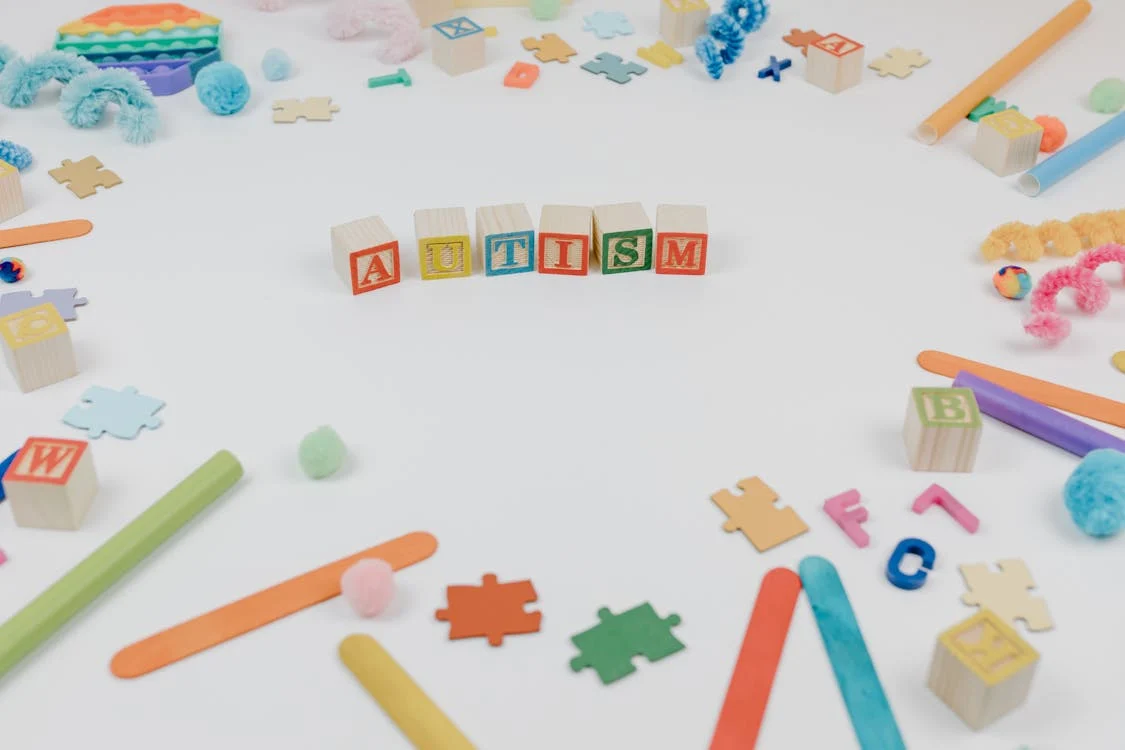05/12/2024
05/12/2024

Immune dysfunction is a condition in which the immune system doesn't work as it should. It can be underactive, which means the body is struggling to fight off infections and is more susceptible to illnesses.
On the other hand, an overactive immune system can mistakenly attack healthy cells, which can cause autoimmune conditions.
Studies show children with autism are more likely to have a dysregulation of the immune system. Because of this, their bodies tend to have a weaker immune response to some viruses.
If your child is on the autism spectrum disorder (ASD), you can strengthen their immunity to ensure their body fights infections and diseases. When you buy GcMAF and additional supplements, change their diet, and help them get more quality sleep, you can start boosting their immune system and keep them healthy.
Below are the specific ways you can strengthen your child’s immune system:
What does GcMAF stand for? It stands for Gc protein-derived macrophage activating factor. It is a naturally occurring protein that helps activate macrophages – substances that play a crucial role in defending the body against infections.
GcMAF supplements help repair and boost a person’s immunity. It improves the body's natural ability to fight off illnesses by stimulating the immune cells, thereby reducing immune dysregulation.
GcMAF supplements also control inflammation, repair neural cells, and rid the body of pathogens and other harmful substances.
These benefits can lead to your child’s quick recovery from diseases, improve their overall health, and even help regulate their behaviour.
Some vitamins and minerals have been proven effective in boosting the immune system. These include:
Folic acid, or vitamin B9, and cobalamin, or vitamin B12, work together to produce red blood cells, or erythrocytes, which carry oxygen around the body and support the optimal function of iron.
A deficiency in one or both of these vitamins can cause one’s immunity to become weaker, causing the body to have difficulties fighting pathogens.
These two B vitamins also work together to produce S-adenosylmethionine (SAMe), a substance that helps strengthen immune function.
Vitamin B6, or pyridoxine, helps the body produce lymphocytes and other immune cells that ward off infections. It supports the production of antibodies as well, which identify and neutralise harmful invaders.
This mineral helps activate enzymes that support different immune responses, including reducing inflammation and enhancing the function of immune cells. Magnesium also aids in regulating the body's stress response, which supports immunity.
Vitamin B6 and magnesium are often taken together since the latter can counteract the abdominal pain that may be caused by vitamin B6.
Enhance immune health with Vitamin C. Ascorbic acid assists in the production of neurotransmitters and protects the body from toxins and harmful free radicals. It also helps lower stress levels, thereby strengthening the immune system.
Persons with a vitamin C deficiency tend to get sick more often.
Zinc is a mineral that assists in the production and optimal function of immune cells, such as T-cells, which defend the body against infections. It also supports wound healing and has antioxidant properties that protect cells from damage.
Vitamin D, probiotics, and omega-3 fatty acids are also key nutrients that strengthen the immune system.
Although your child may be taking supplements they need to have a stronger immune system, they should also get these nutrients naturally from the food they eat.
Ensure your child gets the nutrients essential for boosting the immune system by giving them a balanced diet every day. Their meals and snacks should be loaded with vegetables, fruits, whole grains, and lean proteins.
Their diet should also include dairy or milk alternatives if they are lactose-intolerant, and healthy fats. Make sure they drink at least eight glasses of water daily as well.
Avoid giving, or at the very least, reduce your child’s consumption of processed, sugary, and salty food. Both can cause inflammation and an imbalance in the gut – conditions that can weaken their immune system.
During sleep, the body undergoes repair and recovery, which include producing cytokines – proteins that help fight off infections and reduce inflammation.
When your child doesn’t get enough quality sleep daily, their body’s ability to produce these protective substances is affected, making it harder to keep colds, flu, and other illnesses at bay.
Quality sleep also aids in the formation of immunological memory, where the body learns to recognise and respond more efficiently to pathogens it has encountered and fought before. This helps your child recover faster when they get the same sickness.
Make sure your child gets seven to nine hours of sleep each night. Establish a calming bedtime routine for them and ensure they follow it.
This routine should include not letting them watch TV or use their mobile device one to two hours before they go to bed. These screens emit blue light, which can interfere with the body's melatonin production and make it harder for them to fall asleep.
When your child has autism, you and your family may have more challenges to face. Reduce your worries by strengthening your little one’s immune system to keep them healthy.


